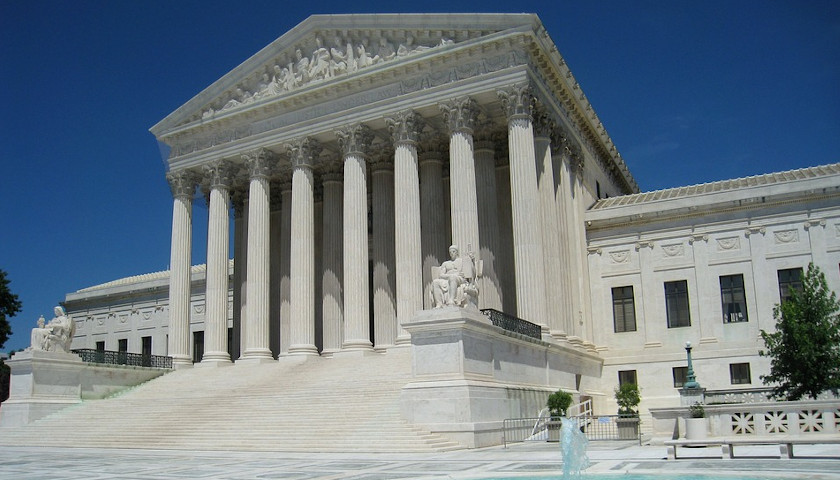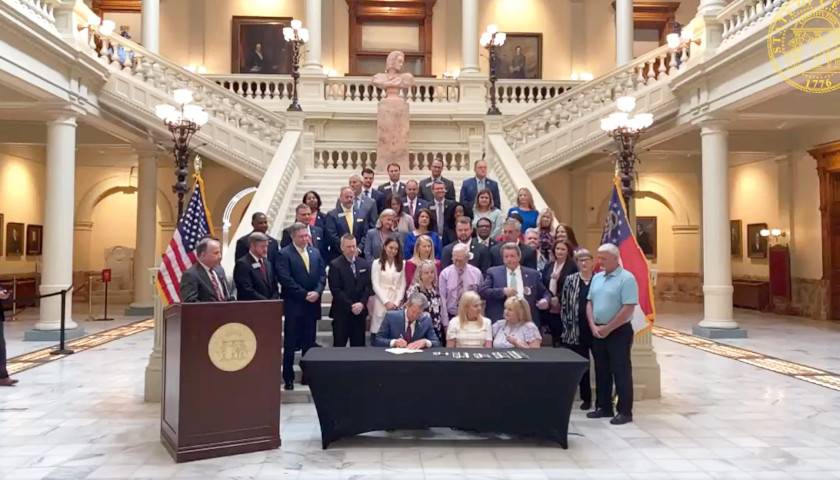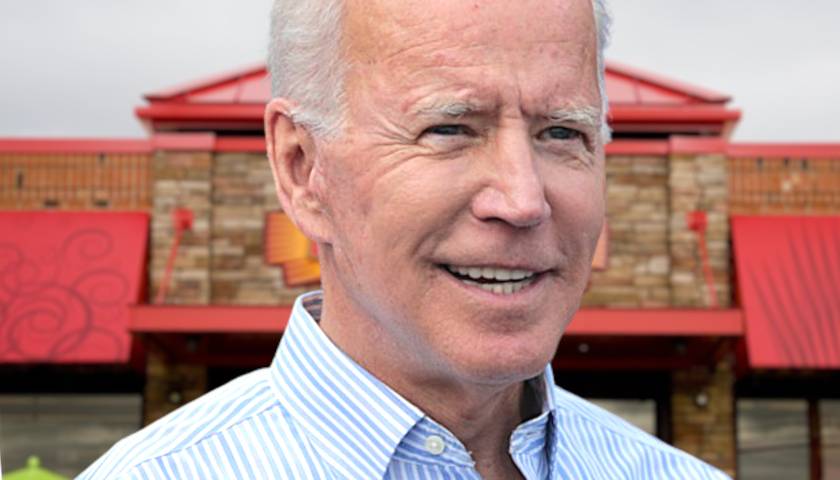by Kate Carsella
On Nov. 2, 2020, the Supreme Court of the United States will begin its November sitting. All arguments during its November and December sittings will be conducted via teleconference with live audio. The court made the decision to hold proceedings this way in accordance with public health guidance in response to COVID-19.
In the first week of November, the court will hear arguments in five cases. Each case will be allotted one hour for oral argument:
November 2
• In U.S. Fish and Wildlife Service v. Sierra Club, the Sierra Club challenged a new Environmental Protection Agency (EPA) rule and a biological opinion from the U.S. Fish and Wildlife Service and the National Marine Fisheries Service (collectively, Services). During that litigation, the Sierra Club submitted a Freedom of Information Act (FOIA) request for draft documents from a consultation between the three agencies that took place between 2011 and 2014. The Services released some documents but withheld others under FOIA Exemption 5. The Sierra Club sued Services in the U.S. District Court for the Northern District of California, which ruled Services had to disclose some documents but could withhold others. On appeal, the 9th Circuit Court of Appeals affirmed in part and reversed in part the district court’s decision. The government petitioned the U.S. Supreme Court for review.
The issues: Whether FOIA’s Exemption 5 protects draft documents from compelled disclosure if the documents were (1) created during a formal interagency consultation process under Section 7 of the Endangered Species Act and (2) later modified in the consultation process.
• In Salinas v. United States Railroad Retirement Board, Manfredo Salinas applied for disability annuity with the United States Railroad Retirement Board’s Disability Benefits Division in 2006. The application was denied. Salinas appealed to the Board to reconsider. The Board denied the request. In 2013, Salinas filed a new application for disability annuity. The Board granted the annuity. Salinas appealed the annuity’s start date and the amount and requested that his prior applications be reviewed. The Board denied the request. On appeal, the 5th Circuit dismissed Salinas’ petition for review. In 2019, Salinas petitioned SCOTUS for review.
The issue: Whether, under Section 5(f) of the Railroad Unemployment Insurance Act and Section 8 of the Railroad Retirement Act, the Railroad Retirement Board’s denial of a request to reopen a prior benefits determination is a final decision that is subject to judicial review.
November 3
• In Jones v. Mississippi, Brett Jones, a fifteen-year-old, killed his grandfather. Jones was tried for murder in the Circuit Court of Lee County, Mississippi. He was convicted and sentenced to life imprisonment without parole. Following the U.S. Supreme Court’s decision in Miller v. Alabama (2012), the Mississippi Supreme Court ordered the county circuit court to hold a sentencing rehearing. The circuit court resentenced Jones to life in prison without parole. Jones appealed to the Mississippi Court of Appeals, which rejected his argument to reverse the sentence. The state supreme court then held oral arguments for the case before dismissing it. Jones petitioned the U.S. Supreme Court for review.
The issue: Whether the 8th Amendment requires the sentencing authority to make a finding that a juvenile is permanently incorrigible before imposing a sentence of life without parole.
• In Borden v. United States, Charles Borden Jr. pleaded guilty to possessing a firearm as a felon. The U.S. District Court for the Eastern District of Tennessee, relying on the 6th Circuit Court’s decision in United States v. Verwiebe (2017) sentenced Borden to nine years and seven months of imprisonment under the Armed Career Criminal Act (ACCA). Borden objected to his sentence, arguing the district court’s application of Verwiebe to his case violated due process protections. On appeal, the 6th Circuit affirmed the district court’s ruling. Borden petitioned the U.S. Supreme Court for review.
The issue: Does the “use of force” clause in the ACCA encompass crimes with a mens rea of mere recklessness?
November 4
• In Fulton v. City of Philadelphia, Pennsylvania, the city of Philadelphia’s Department of Human Services began an investigation into two of its foster care provider agents for potential violations of the city’s anti-discrimination laws in 2018. The investigation was based on an allegation that the agencies refused to work with same-sex couples seeking to become foster parents. One of the agencies was a religious nonprofit organization, Catholic Social Services (“CSS”). CSS confirmed that it would not certify same-sex couples as foster parents. The city stopped referring foster children to the agency. CSS filed suit against the city in district court, citing violations of its rights under the First Amendment and under Pennsylvania’s Religious Freedom Protection Act. The district court denied the request. CSS appealed to the 3rd Circuit, seeking emergency injunctive relief pending appeal. The circuit court denied the request. Then, CSS filed an emergency application to the Supreme Court for an injunction pending appeal or an immediate grant of certiorari. The Court denied the request. On appeal, the 3rd Circuit affirmed the district court’s ruling. Sharonell Fulton petitioned the Supreme Court for review.
The issues:
(1) Whether free exercise plaintiffs can only succeed by proving a particular type of discrimination claim – namely that the government would allow the same conduct by someone who held different religious views – as two circuits have held, or whether courts must consider other evidence that a law is not neutral and generally applicable, as six circuits have held?
(2) Whether Employment Division v. Smith should be revisited?
(3) Whether a government violates the First Amendment by conditioning a religious agency’s ability to participate in the foster care system on taking actions and making statements that directly contradict the agency’s religious beliefs?
Upcoming SCOTUS dates
Here are the upcoming dates of interest in November:
• November 2: SCOTUS will release orders and hear arguments in two cases.
• November 3: SCOTUS will hear arguments in two cases.
• November 4: SCOTUS will hear arguments in one case.
• November 6: SCOTUS will conference.
• November 9: SCOTUS will release orders and hear arguments in two cases.
• November 10: SCOTUS will hear arguments in one case.
• November 13: SCOTUS will conference
• November 16: SCOTUS will release orders.
• November 20: SCOTUS will conference.
• November 23: SCOTUS will release orders.
• November 30: SCOTUS will hear arguments in two cases.
As of October 28, SCOTUS has agreed to hear 41 cases during its 2020-2021 term. Of those, 12 were originally scheduled for the 2019-2020 term but were delayed due to the coronavirus pandemic.
– – –
Kate Carsella is a reporter for Ballotpedia.






